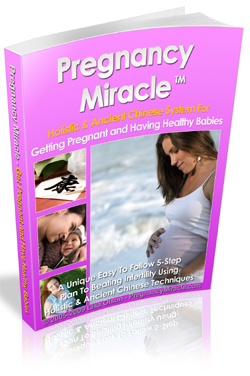 Fish oil is a great supplement for improving your fertility, especially if you suffer from inflammatory conditions such as PCOS. And as an added benefit you’ll improve your cervical mucus which is necessary for the sperm to reach the egg when you ovulate.
Fish oil is a great supplement for improving your fertility, especially if you suffer from inflammatory conditions such as PCOS. And as an added benefit you’ll improve your cervical mucus which is necessary for the sperm to reach the egg when you ovulate. But fish oil isn’t just good for women, it’s also good for men too as it can improve sperm motility. Many male infertility issues that relate to sperm can be corrected by taking an omega 3 supplement.
So why is fish oil so good?
Our bodies need essential fatty acids (EFA’s) for optimum health. EFA’s are made up of Omega 3, 6 and 9 fatty acids. These help many conditions including inflammatory conditions, they lower cholesterol and improve mood disorders. If you have a hormone imbalance, they can correct this too – which is why they are considered a super food.
In fact fish oil can help with many different fertility issues. Women who take a fish oil supplement have reported things like clearer charts (for those who are charting), decreased menstrual cramps, improved egg white cervical mucus and less PMS symptoms.
By improving their menstrual cycles, some women who had previously had trouble conceiving , were able to get pregnant within a few months of taking a fish oil supplement.
Helping women with PCOS get pregnant with fish oil
One of the main causes of infertility in women is polycystic ovary syndrome (PCOS). Fish oil has been shown to help regulate PCOS conditions by decreasing inflammation in the ovaries and also balancing the hormones associated with ovulation. By doing this, as well as helping to make their menstrual cycles more regular, it can help enough to be able to conceive.
If you choose to try fish oil to improve your fertility, then make sure you take a high dose supplement (around the same dosage that arthritis sufferers take) for the best results.



